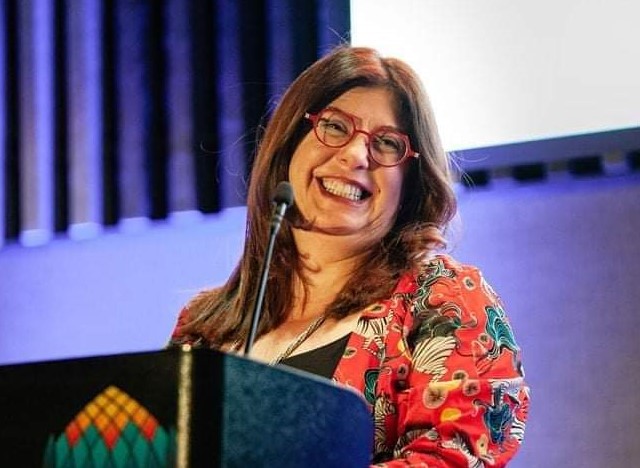Voices
The dire consequences of “othering”

Xenophobic sentiment has become pervasive in South Africa and all too often, what begins with inflammatory rhetoric leads to direct attacks against the targeted group. One of the most serious such incidents in recent times occurred last week, when a fire in the Yeoville Market destroyed 23 stalls run by foreign nationals. Though the cause of the blaze is still to be established, only the previous day, members of Operation Dudula reportedly threatened business owners and demanded that they leave the area. The South African Jewish Board of Deputies (SAJBD) and The Angel Network have since contributed to relief efforts on behalf of those left destitute by what one must assume at this stage was a xenophobically motivated attack.
Incitement to hate and cause harm on the basis of a person’s national origins is abhorrent, and its consequences, as we are seeing, can be dire. Writing in the mainstream media this week, the Board’s diplomatic liaison, Alana Baranov, who also represents us on the steering committee of the Hate Crimes Working Group, urged that we heed the warning signs of this growing rage building against foreign nationals. “If we fail to take action against xenophobia, South Africa’s social cohesion will become a tinderbox which the smallest spark could set ablaze,” she wrote.
Respect for and tolerance towards those who differ from us is a sine qua non for a healthy society, particularly one as diverse as our own. The same applies to our own community. South African Jews aren’t and never have been homogenous in terms of the kinds of beliefs they hold, whether concerning religious affiliation, attitudes towards Israel, or indeed the entire range of political, social and cultural viewpoints that exist. In recognition of this, the make-up of the SAJBD at national and regional level has been structured to be as inclusive as possible, with the youth, women’s groups, Zionist organisations, and Orthodox and progressive communities among the constituencies represented on its councils.
Likewise, the global Jewish family comprises many different components. This diversity is particularly in evidence at the annual World Jewish Conference Community Directors Forum, which our national director, Wendy Kahn, is attending in Budapest. Representatives of about 50 countries participate in this event, yet in spite of the significant differences in their respective backgrounds – language being just one – all are able to come together in a spirit of camaraderie, common purpose, and mutual esteem.
There’s nothing wrong with disagreeing with what other people say, but not to the extent of “othering” them and treating them as if they’re beyond the pale. In the modern era, this has become a serious problem, and it’s far from being just a South African one. The world over, entire societies are increasingly being divided into warring ideological camps in which those with different views are seen as not simply misguided, but morally deficient pariahs who ought to be shamed and shunned. The detrimental effects of such intolerance extend beyond its immediate targets to cause profound harm to society as a whole. We need to be extremely vigilant against these trends taking root within our own ranks.
- Listen to Charisse Zeifert on Jewish Board Talk, 101.9 ChaiFM, every Friday from 12:00 to 13:00.
